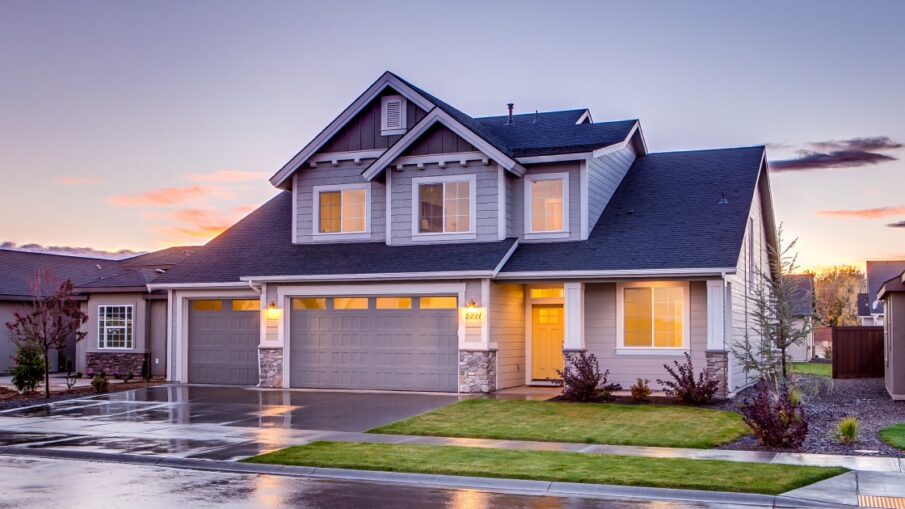In recent years, the concept of a “Home” has undergone a remarkable transformation, propelled by advancements in technology and a growing emphasis on sustainability. The traditional notion of a house has evolved into something far more sophisticated – the smart home. This article explores the fascinating journey of houses becoming intelligent living spaces, integrating cutting-edge technology to enhance convenience, security, and energy efficiency.
- The Rise of Smart Home Technology:
Smart home technology has rapidly gained popularity, turning houses into interconnected hubs where devices communicate seamlessly. From smart thermostats that learn your temperature preferences to voice-activated virtual assistants that control lighting and entertainment systems, homes are becoming increasingly intuitive and responsive to the needs of their inhabitants.
- Connectivity and Integration:
One of the defining features of modern houses is their interconnectedness. The Internet of Things (IoT) has enabled devices such as refrigerators, security cameras, and even doorbells to communicate with each other through a central hub. This connectivity not only enhances convenience but also contributes to a more efficient and streamlined daily routine.
- Sustainable Living:
With a growing global emphasis on sustainability, smart homes are incorporating eco-friendly features. Energy-efficient appliances, automated lighting systems that adjust based on natural light, and smart irrigation systems are just a few examples of how houses are evolving to minimize their environmental impact. This not only benefits the planet but also translates into cost savings for homeowners.
- Enhanced Security:
Security is a top priority for homeowners, and smart homes are equipped with state-of-the-art security systems. These may include smart locks, motion-activated cameras, and doorbell cameras with facial recognition technology. Remote monitoring through smartphone apps allows homeowners to keep an eye on their property from anywhere in the world.
- Personalized Living Spaces:
Advancements in artificial intelligence have paved the way for personalized living experiences. Smart homes can learn the habits and preferences of their inhabitants, adjusting settings accordingly. From adjusting the thermostat to playing preferred music when entering a room, these personalized touches make the house truly feel like a home tailored to individual needs.
- Challenges and Considerations:
While the benefits of smart homes are numerous, challenges and considerations also exist. Privacy concerns related to the collection of data by smart devices, potential security vulnerabilities, and the need for standardized protocols to ensure seamless integration are areas that continue to be explored and addressed by the industry.
- The Future of Smart Homes:
As technology continues to advance, the future of smart homes holds exciting possibilities. Integrating augmented reality, artificial intelligence, and sustainable building materials, homes may evolve into even more sophisticated and environmentally friendly spaces. The convergence of technology and architecture promises to redefine the way we live, work, and interact with our living spaces.
Conclusion:
The journey of houses becoming smart homes is an ongoing and dynamic process, driven by innovation and a commitment to creating more efficient, secure, and sustainable living environments. As technology continues to evolve, the concept of a home is likely to transform even further. Ushering in an era where houses are not just structures. But intelligent companions that cater to the unique needs and preferences of their inhabitants.

